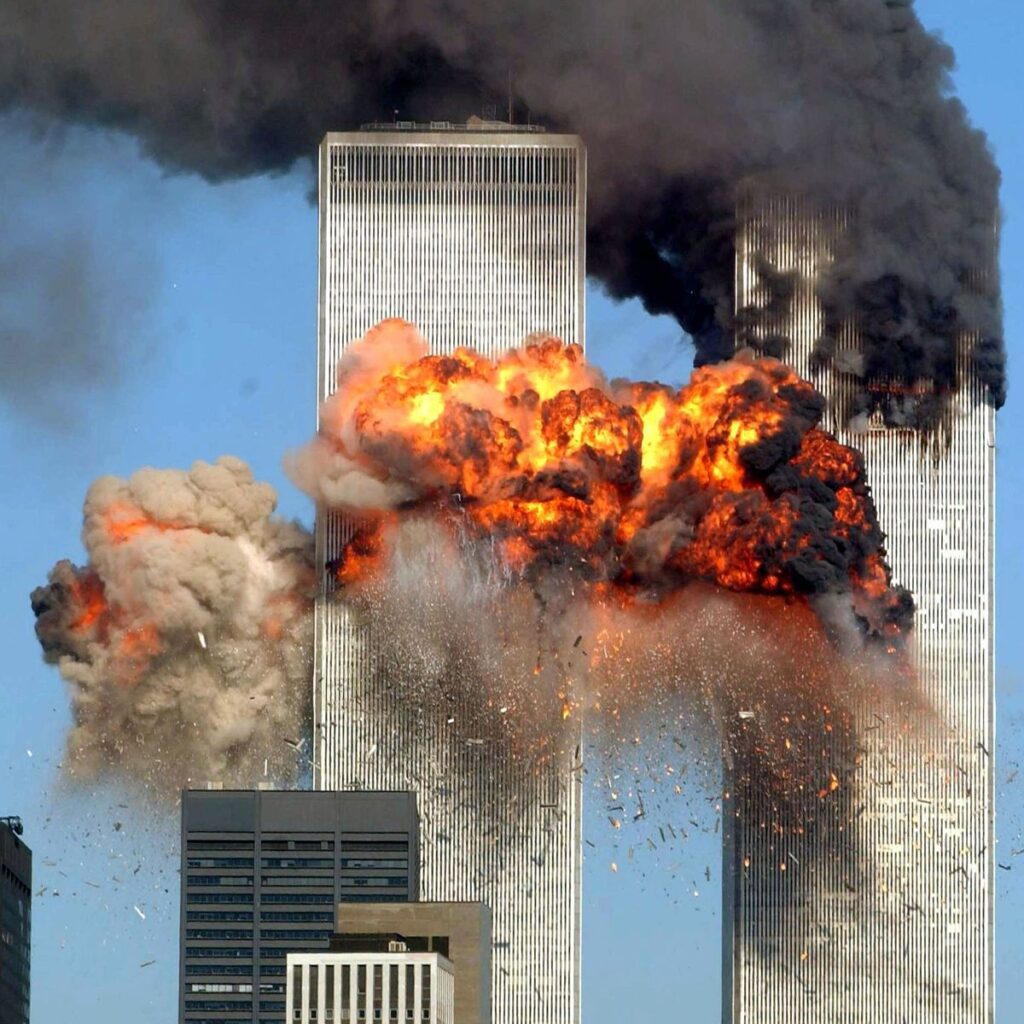
Introduction
September 11, 2001, marks a pivotal moment in history, remembered not only for the devastating attacks on the United States but also for the far-reaching consequences that followed. Almost two decades later, the events of that tragic day continue to resonate, shaping global policies, security protocols, and the international landscape in profound ways.
The Terrorist Attacks
On the morning of September 11, 2001, 19 terrorists affiliated with the extremist group al-Qaeda hijacked four commercial airplanes. Two of these planes were flown into the North and South Towers of the World Trade Center in New York City, leading to the collapse of both skyscrapers within hours. A third plane struck the Pentagon in Arlington, Virginia, while the fourth, United Airlines Flight 93, was headed toward a target in Washington, D.C., but crashed in Pennsylvania after passengers intervened. The attacks resulted in the deaths of nearly 3,000 people and injured over 6,000.
Immediate Aftermath
The aftermath of the attacks saw an immediate and unprecedented response. The U.S. government launched a global “War on Terror,” which included military interventions in Afghanistan to dismantle al-Qaeda and remove the Taliban from power. Security measures around the world were heightened, affecting air travel, border control, and law enforcement policies, with the establishment of the Department of Homeland Security in the U.S. being a significant landmark.
Long-Term Effects
The impacts of September 11, 2001, were felt beyond the immediate security ramifications. It led to a global shift in foreign policy, with many countries aligning with the U.S. in efforts to combat terrorism. However, it also sparked debates over civil liberties, with many questioning the balance between security and personal freedoms. The attacks intensified feelings of vulnerability and fear, leading to a surge in hate crimes against Muslim and Arab communities, prompting discussions about integration and inclusion.
Conclusion
As we reflect on the events of September 11, 2001, we recognize its significance in shaping contemporary society. The legacy of this day is complex—while it brought about increased security measures and international cooperation against terrorism, it also raised critical questions about freedom, equality, and global relations. Understanding the full impact of September 11 helps foster a dialogue about how we respond to threats while respecting human rights. As we commemorate this day, it serves as a somber reminder of the fragility of peace and the importance of working towards a more just and secure world.



